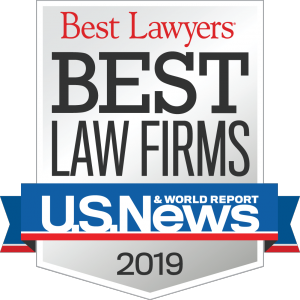In the January 3, 2019 edition of The Legal Intelligencer, Edward Kang, Managing Member of Kang Haggerty wrote “Defending Officers and Directors From a Lawsuit by the Company.”
When a corporate director or officer is sued by a third party for alleged misconduct carried out in her capacity as director/officer, the company generally indemnifies the director/officer by defending her against the lawsuit. The company’s duty of indemnification arises from both the law and governing corporate documents (e.g., articles of incorporation, bylaws or employment agreement). While there are limited exceptions to the company’s duty of indemnification—e.g., the director/officer acted in her personal capacity or that she acted in bad faith against the interest of the company—the duty of indemnification is broad. The company must defend the director/officer, at least until the court determines otherwise. What protection does a corporate director/officer have, however, if the person suing her is the company itself?
A company sues its officer or director more frequently than many people think. The company could bring a direct lawsuit against an officer or director for a breach of fiduciary duty (e.g., alleged self-dealing). Sometimes, a shareholder could bring a derivative lawsuit under the company’s name against the officer or director. Continue reading ›
 Kang Haggerty News
Kang Haggerty News


 Kang Haggerty LLC has been named a Tier 1 law firm in Philadelphia for construction law by U.S. News – Best Lawyers® “Best Law Firms” 2019. In addition, the firm received a national tier 3 ranking in construction law, and a tier 2 rating in Philadelphia for commercial litigation.
Kang Haggerty LLC has been named a Tier 1 law firm in Philadelphia for construction law by U.S. News – Best Lawyers® “Best Law Firms” 2019. In addition, the firm received a national tier 3 ranking in construction law, and a tier 2 rating in Philadelphia for commercial litigation.
